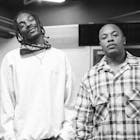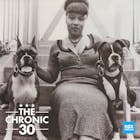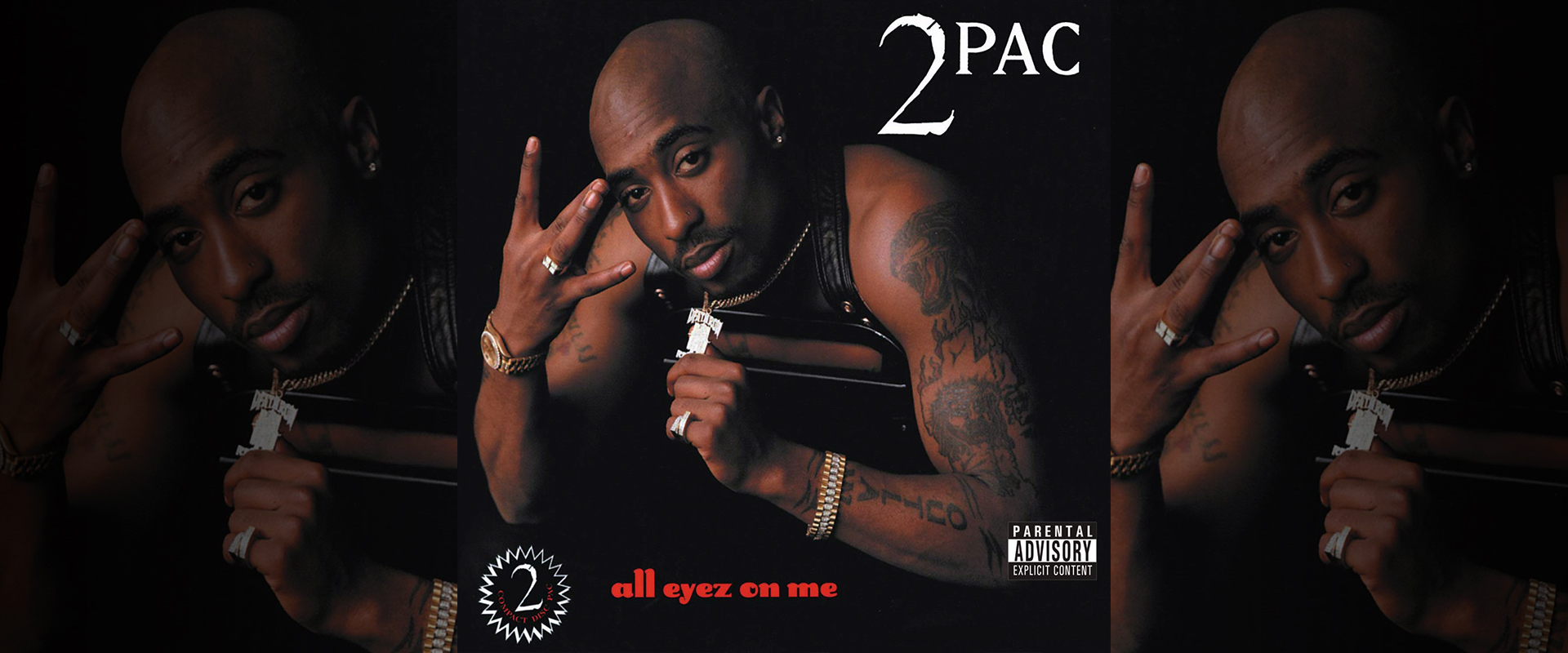
Classic Albums: 'The Chronic' by Dr. Dre
Classic Albums: 'The Chronic' by Dr. Dre
Published Wed, December 14, 2022 at 12:00 AM EST
“See that kid over there? That’s my twelve-year-old nephew from Staten Island. You couldn’t get more white and suburban than him. But Dre’s record is all the kid listens to. When you sell this many albums, they are not all going to the South Bronx.”
Jimmy Iovine was explaining to ROLLING STONE in 1993 just how massive Dr. Dre's reach had become. This was G-Funk for the masses; the kind of "gangsta rap" record that seemed so scary just a year or two before was now being presented with enough production polish and infectious musical sheen that it could get played across middle America. The Chronic was and remains a watershed moment in the history of rap music: a towering record that casts a large a shadow over 1990s popular culture as Nevermind or Jagged Little Pill. The moment Dr. Dre stepped out of the orbit of N.W.A. to establish his own voice and legacy, armed with a golden ear and the star power of a young kid named Snoop.
Casual fans know the history: despite the success (and infamy) of their second album, 1991's EFIL4ZAGGIN, N.W.A.'s days were numbered.
Despite the group's unified front, things had been deteriorating ever since Ice Cube's acrimonious departure in 1989. Now, Dr. Dre was beginning to echo Cube's frustration with his Ruthless Records contract; and Dre took exception to Eazy-E's relationship with N.W.A.'s manager, Jerry Heller. It was becoming apparent that Heller was a sore spot, and Dre had been famously disgruntled and dissatisfied with Ruthless Records. Former bodyguard-turned-music manager Suge Knight was now handling The D.O.C.'s career, and Suge offered Dre a way out. With the anticipation of pushing forward with their own venture, Knight helped to get Dre, The D.O.C., and R&B singer Michel'le off of Eazy's label.
Along with Dick Griffey and The D.O.C., the men founded what would soon be called Death Row Records in 1991. Knight also partnered with Michael "Harry-O" Harris, a businessman imprisoned on drug and attempted murder charges, to launch Godfather Entertainment; and through Harris' attorney David Kenner, Suge soon began signing young talent to Death Row Records. Dre's younger half-brother, Warren Griffin, deejayed in Long Beach; and Warren introduced Dre to a young emcee friend of his. Calvin Broadus was a Crip from the Eastside of Long Beach, and he'd been in jail for small time drug dealing. But Calvin was an ambitious rapper; he'd formed a group with Warren and Snoop's friends/cousins Lil 1/2 Dead and Nate Dogg called 213, and now Warren was pushing Dre to sign Snoop after Dre heard Snoop freestyling over an En Vogue instrumental. Death Row inked Snoop to a deal, and he was suddenly top priority at the label.
“I didn’t want to be no R&B rapper and no motherfuckin’ crossover rapper,” Snoop told VIBE back in 1993. “I don’t want to be wearing no flat-tops and all that other R&B-ass shit. That ain’t me. I want my shit to be 100% gangsta shit.”
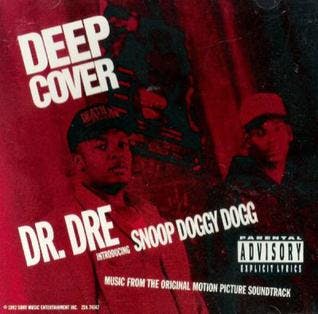
Snoop Doggy Dogg made his official debut on "Deep Cover" the ominous theme song for the 1992 Laurence Fishburne police drama of the same name. The single was Dr. Dre's first solo release, and it served to announce the lanky 20-year old from Long Beach. With is soon-to-be trademark drawl and the song's classic "1-8-7..." hook, it gave Snoop tremendous buzz. And "Deep Cover" helped set the table for Death Row Records and the monster album that Dr. Dre had waiting in the wings. The label's roster was suddenly filled with promising talent: a Virginia born rhymer who called herself The Lady Of Rage; a baritone-voiced emcee dubbed RBX; the R&B chanteuse Jewell; and a pair of G'd up wordsmiths who went by Tha Dogg Pound. Warren G would wind up on Def Jam, but he was still prominent in Death Row's circle—as was The D.O.C., once the breakout star of Ruthless Records, now an invaluable ghostwriter within Dre's camp.
It was the D.O.C. who helped coach a young Snoop through a killer track Dre had put together. Over a sample of Leon Haywood's "I Wanna Do Something Freaky To You," the D.O.C. came up with a perfect "Like this and like that..." hook. Snoop had a rhyme ready to go, and the song that they crafted would be "Nuthin' But A 'G' Thang.' The first single released from The Chronic, the song became a monster hit for Dr. Dre, Snoop Doggy Dogg and Death Row Records.
DROP YOUR EMAIL
TO STAY IN THE KNOW

I don’t want to be wearing no flat-tops and all that other R&B-ass shit. That ain’t me. I want my shit to be 100% gangsta shit.”
- Snoop Doggy Dogg (VIBE, 1993)
With the success of "'G' Thang," it was obvious that Dre had big plans for The Chronic—even bigger than simply establishing a solo career. This was going to be the album to establish the entire Death Row roster; Dre would provide the production, as his collective of emcees and singers showcased their talents. N.W.A. notoriety and his own checkered history notwithstanding, Dre's calling card had always been the music. Eazy may have courted controversy and Cube was a voice for the streets; Dr. Dre's heart was always in the sounds.
“I can remember when I was just like about four years old in Compton," Dre told ROLLING STONE in 1993. “And my mother would have me stack 45s, stack about ten of them, and when one would finish, the next record would drop. It was like I was DJ’ing for the house, picking out certain songs and so this song would go after that song. I would go to sleep with headphones on. My mom and pop — they would have music loud enough to shake the walls.
“The music is just in me now. That’s the only thing I can say. People ask me how I come up with these hits, and I can only say that I know what I like..."
"And I’m quick to tell a motherfucker what I don’t like."
Now with Suge Knight's financial and literal backing, Dr. Dre could re-establish himself and re-assert his legacy, without the baggage of Ruthless Records. And he was relishing break from Eazy in particularly bitter fashion: The Chronic is full of barbed shots at Eazy-E. From the opening intro to the album closer, Dre never misses an opportunity to slam his former friend. "Bitches Ain't Shit" features a Dre verse that characterizes Eazy as a shady female (who started "hangin' with a white bitch, doin' the shit she do..."); and the album features a shot at N.W.A. ("fuck them other fools") from Snoop, as well as the Dogg calling Jerry Heller and Eazy "Mr. Rourke and Tattoo."
But the most infamous Eazy diss came in the form of the album's song and second single. Officially titled "Fuck Wit' Dre Day (And Everybody's Celebratin')," the song more famously referred to as "Dre Day" is another quintessential slice of Death Row G-Funk from Dre. The lyrics and the video make a mockery of Eazy, who was quick to fire back with his own "Real Muthaphuckkkin G's" a year later. He was also quick to point out that he was a winner in this rap beef, no matter what.
"Dre was under a contract with me as exclusive producer and artist, and in order to put out The Chronic, he had to get an OK from me," Eazy told The Chicago Tribune in 1993. "I was included in on the deal, so I make money off his albums for the next six years, everything he does as an artist and a producer. He did his little dissing, but I say, `"Dre Day" is only Eazy's pay day.' He can diss me all he wants, but I still make money off all his stuff."

He can diss me all he wants, but I still make money off all his stuff..."
- Eazy-E (CHICAGO TRIBUNE, 1993)
"Dre Day" hit the Billboard Top 10 and further affirmed that Dr. Dre and Snoop Doggy Dogg were a phenomenon. The entire album made stars of the Death Row camp: Jewell's vocals were the backbone of not only "Dre Day," but "Bitches Ain't Shit" and "Let Me Ride." Daz got to shine on "Deez Nuts," as does Nate Dogg, whose distinctive croon also debuts on The Chronic and became a trademark for Death Row. RBX gets to play G-Funk grim reaper and Kurupt is a lyrical fiend; as The Lady of Rage rips apart "High Powered," and "Stranded On Death Row" serves as the call-to-arms posse cut to close the album. And shining brightest, there's Snoop Doggy Dogg, The Chronic's breakout superstar. With one album, Death Row had fully arrived.
The album's third single, "Let Me Ride," is a song that encapsulates the album's love affair with P-Funk. The Chronic didn't birth G-Funk, that had already happened years earlier thanks to Big Hutch of Above The Law. But Dre's solo debut put the sound squarely in the mainstream, and "Let Me Ride" is a love letter to his influences. It's also one of the best examples of G-Funk; from it's Funkadelic sample to that rubbery bassline and squealing synth. It didn't chart as high as "'G' Thang" or "Dre Day," but "Let Me Ride" earned Dre the 1994 Grammy Best Rap Solo Performance.
The Chronic would debut at No. 2 on the albums chart, en route to selling 3 million copies. Dre's production recieved widespread praise, as the album would herald a shift in rap commercial dominance for the West Coast. And it made a star out of Snoop; who would become arguably the most famous rapper in the world over the course of the following year.
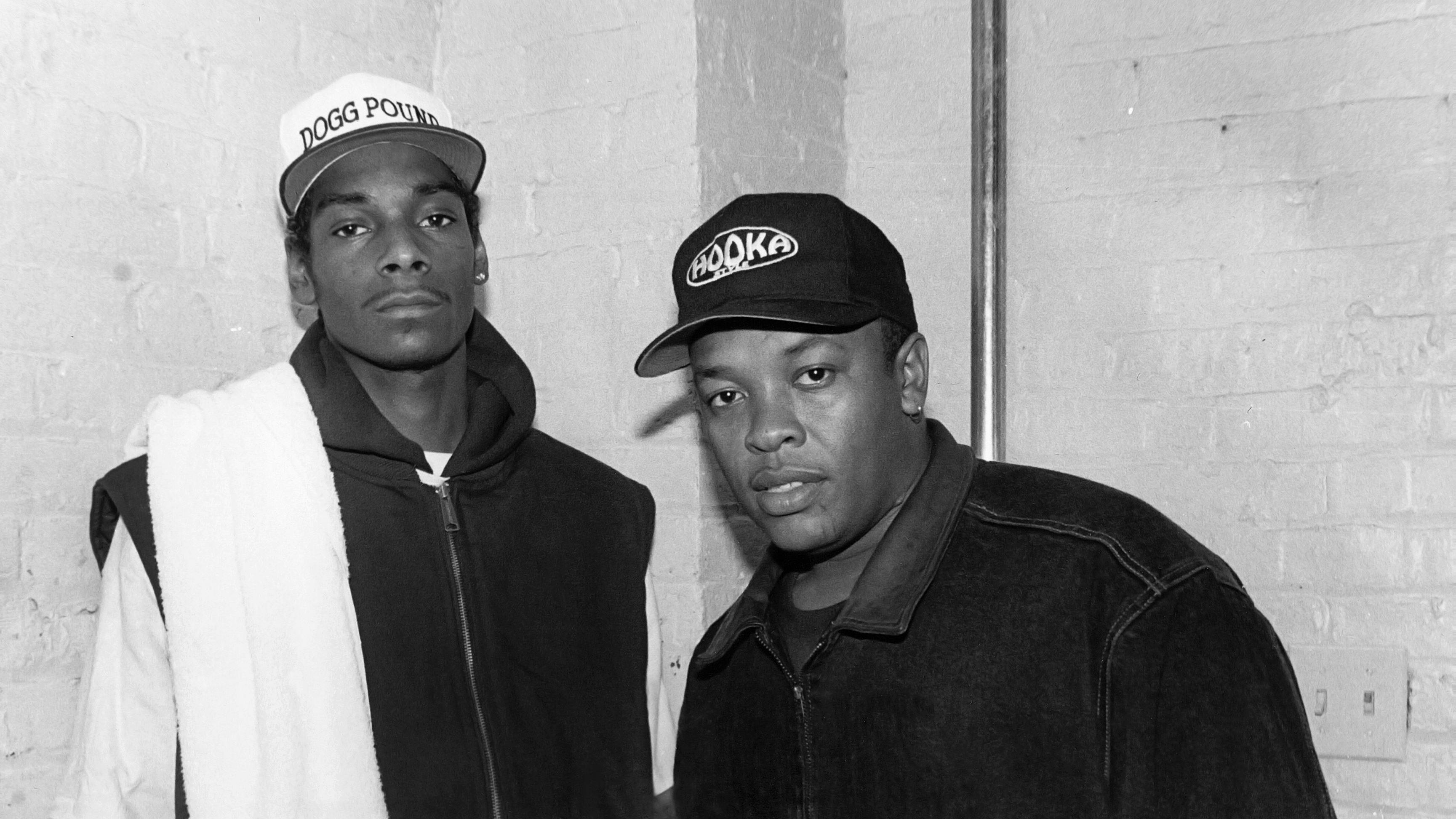
“Snoop is gonna be around a long time,” Dre said in that 1993 VIBE interview. “He’s always coming up with different concepts and he’s good in the studio. He can go on and ad lib a fuckin’ song if he wants to. And it would be funky.”
“Matter of fact, we did that on ‘Nuthin’ But A 'G' Thang.’ We put a little freestyle thing on there—I don’t think they knew I was recording.”
Death Row's story is one of rap's most well-known; it's become a blueprint for some, a cautionary tale for others. The label would continue it's red-hot run for the next four years; garnering controversy, platinum plaques, landing high profile signee Tupac Shakur, and ultimately imploding in a cacophony of murder, defection and prison. But it's early days are still a remarkable time to remember; when Dr. Dre was breaking new ground and this new rapper seemed to have limitless potential. Before Suge Knight's notoriety overshadowed his label, he helped build something that charted a new course for the West Coast.
And it shaped the sound, the business and the culture of the rap industry dramatically.
